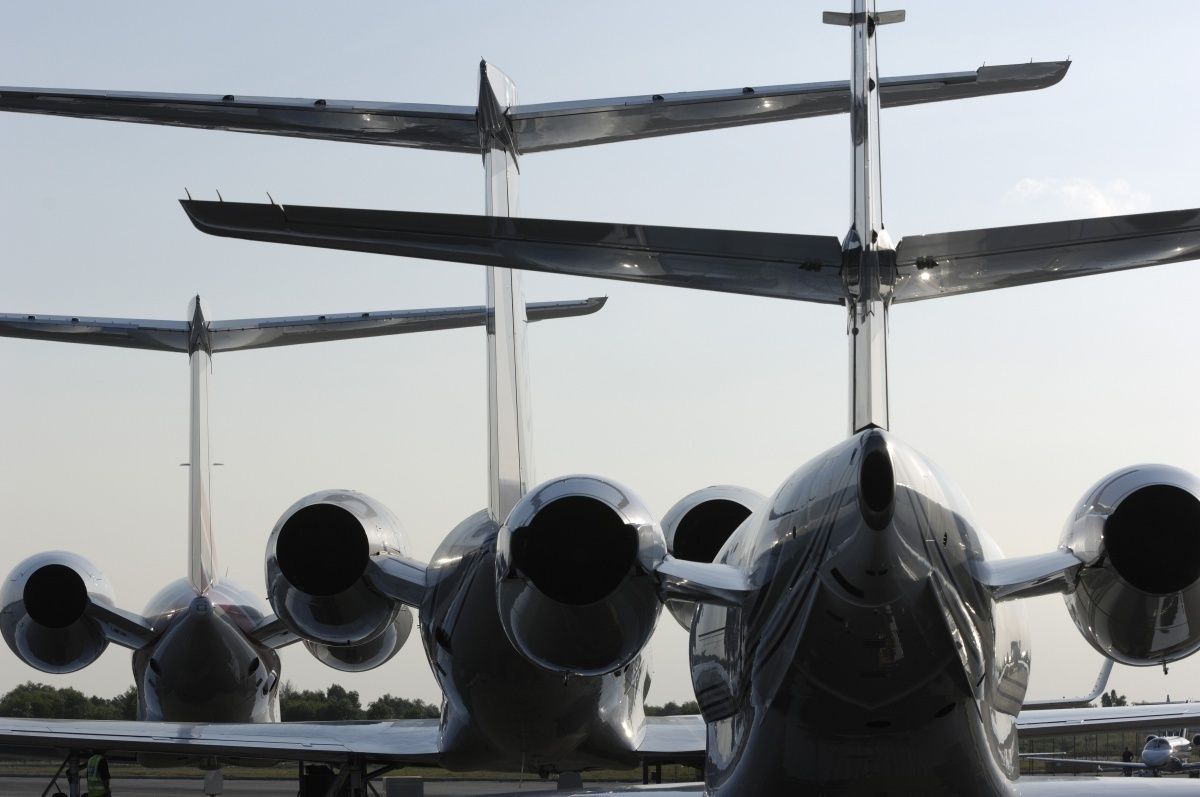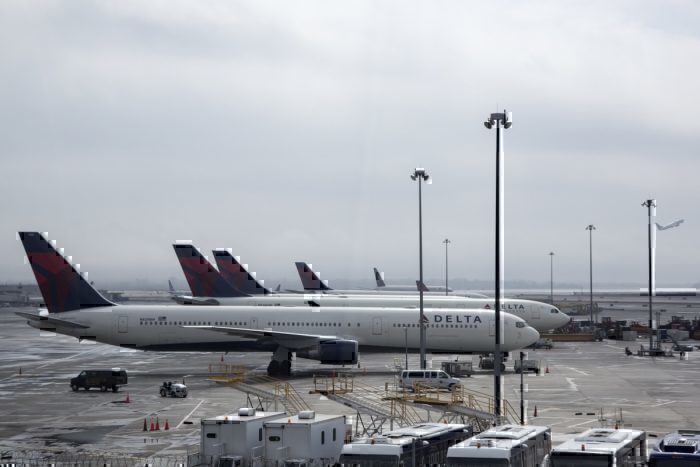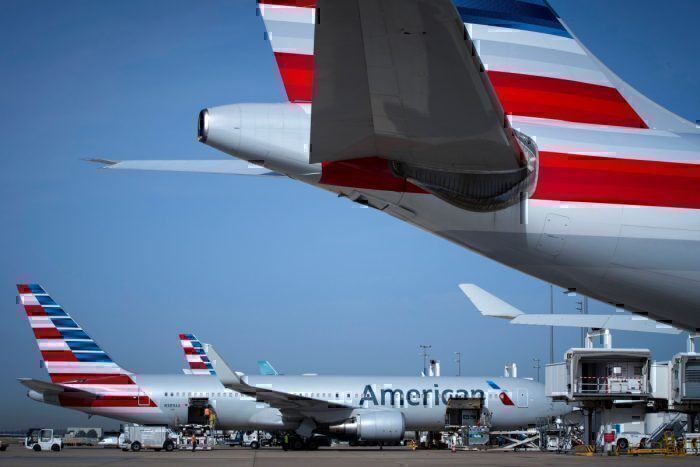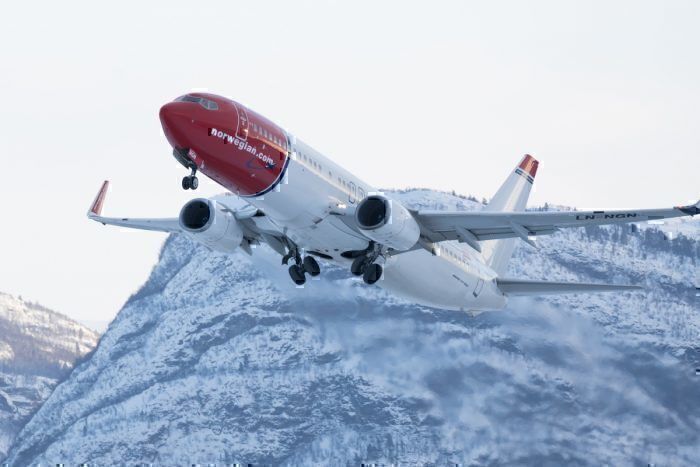Industry body CAPA (Center for Aviation) has today issued a new report that highlights the state of the aviation industry today. The organization claims that, by as soon as May, many airlines could already be bankrupt amid the current COVID-19 outbreak. It calls upon governments to adopt joined-up thinking and to cooperate together if they are to preserve the world’s airlines.
Governments need to take action
A stark warning has been issued to governments around the world today by industry body Center For Aviation (CAPA). The organization called upon governments to support their airlines, otherwise many could be bankrupt as soon as May.
CAPA didn’t mince its words when issuing this call to action. In the report, it said,
“By the end of May-2020, most airlines in the world will be bankrupt.
“Coordinated government and industry action is needed - now - if catastrophe is to be avoided.”
It’s a pretty firm stance by the well-known and respected industry body, and one which needs to be listened to by governments around the world if airlines are to survive this crisis.
What’s the problem?
CAPA went on to explain why the aviation industry is in such dire straits at the moment. While we’ve all noted the downturn in travel demand, the problems for airlines run far deeper than that. Multiple airlines are dealing with sweeping travel restrictions, which means not only can they not operate all the routes they normally do, they can’t even sell tickets for future bookings either.
Exacerbating the cash crunch is the fact that, alongside stagnant forward bookings, airlines are having to issue thousands of refunds, either for flights they can no longer operate or for customers with refundable tickets who no longer wish to travel. Many have also offered waivers, allowing passengers to change their flights in light of the current situation.
All this has added a massive administrative burden to the already stretched airlines. This has left some passengers waiting for hours to get through to call centers, and for many airlines to request people not to call unless they are traveling soon.
The impact on airline’s balance sheets is unsurprising. Cash reserves are dwindling fast, fleets are being grounded and the few flights that are left operating are taking off less than half full. CAPA wanted that, for some airlines, it’s almost too late already. It said,
“As the impact of the coronavirus and multiple government travel reactions sweep through our world, many airlines have probably already been driven into technical bankruptcy, or are at least substantially in breach of debt covenants.”
A lack of cooperation could be the biggest threat
The report goes on to highlight how unilateral action and national self-interest are threatening to destabilize aviation even further. CAPA called out the action by Trump last week, banning flights from most of Europe, which didn’t even come with a pre-warning to his European counterparts. The announcement sent airlines into a frenzy trying to fix schedules and contact affected passengers in time.
The organization warned that the generally fragmented nature of the airline industry, something that hasn’t evolved much for 75 years, has made the rescue of airlines even more difficult. It predicts that, as a result of this fractal environment, the response to floundering airlines will be largely unilateral and without consultation or cooperation. It said,
“As things stand, the likely tepid response to the airline crisis will equally be fragmented and nationally based. It will consist mostly of bailing out selected national airlines.
“If that is the default position, emerging from the crisis will be like entering a brutal battlefield, littered with casualties.”
It further warned that, without coordinated international action to rescue airlines from the current risks, the post-coronavirus aviation world could be very different to the one we’re in now. CAPA warned of a future that is full of “protectionism and much less competition”, a model that will not serve 21st century needs well.
It says there is still time to save the industry, but that action is needed now. Whether governments, in their current ‘panic mode’ around the world, will listen and take action remains to be seen.




